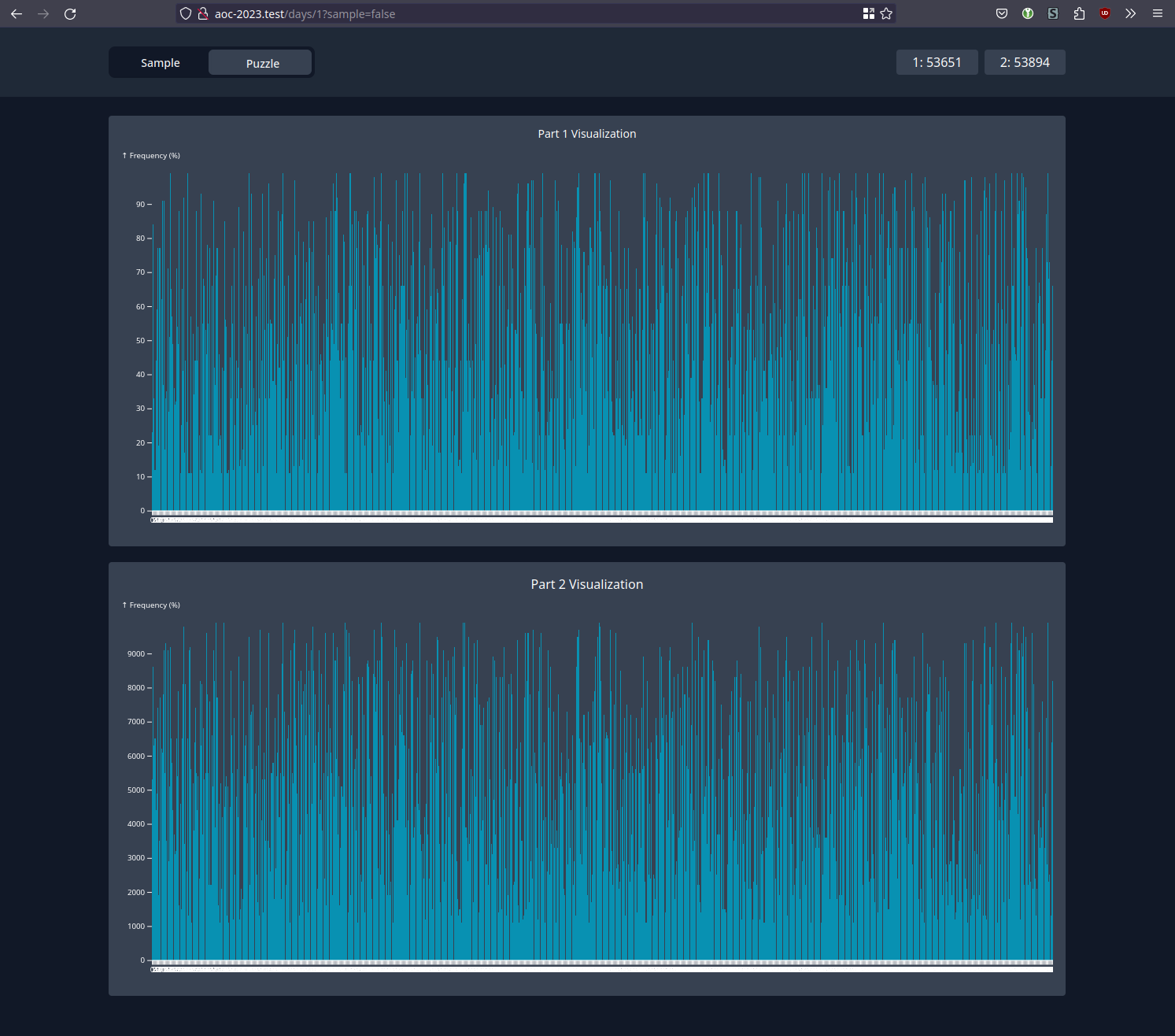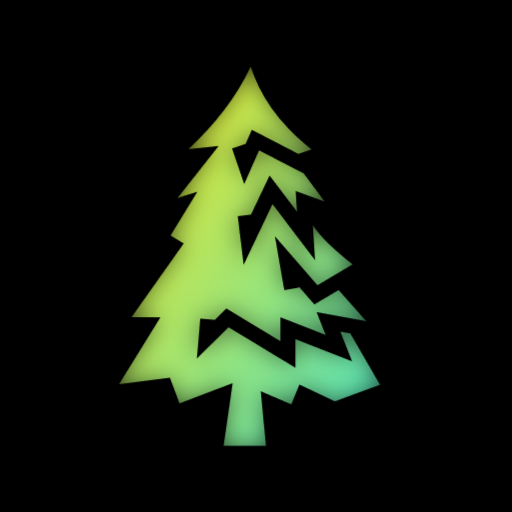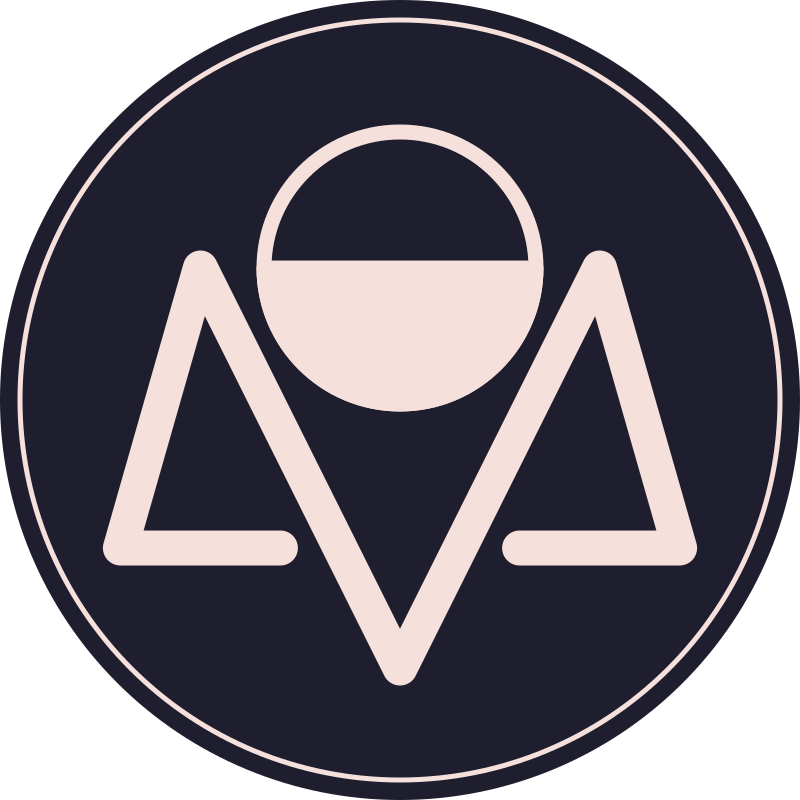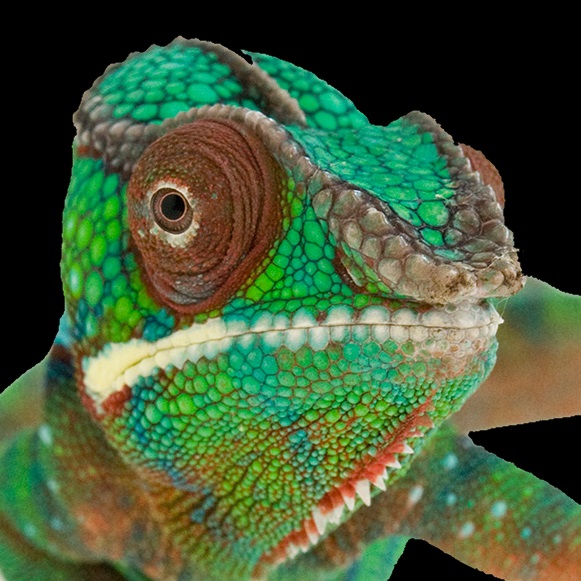What language(s) will you be using? Will you be trying anything different this year to usual?
I am planning to use Rust this year to refresh my knowledge after having not used it for six months or so. I’m contemplating doing some solution visualisation this year, as I’m always impressed by that when others do it - but very much time availability dependent.
I just discovered this so I’m unprepared. I’ll just go in with c# and try to have some fun.
This’ll be my first year, and I’ll use Rust. I’m still a student so idk how it’ll go (especially for my choice in lang), but I’ll try my best.
This will be my first time participating, I’ll be using Nim.
I’ll also be using Nim this year!
Nice! Have you used it before? I found it a long time ago, but never had a good opportunity to learn it.
I have! I think I started using it around this time last year after having started AOC2022 with golang and wanting to wade into other languages. Nim is super versatile and I’ve enjoyed using it for some toy applications.
Awesome! I’m looking forward to trying it out 🙂
Friendly tip as you go, the
nimstdlib documentation is extensive albeit a bit hard to peruse. The index is your friend. And folks on the discord/forum are pretty helpful.Thank you so much! I’ll check out the index and discord/forums.
So far I’m having a lot of fun with Nim, the syntax is clean and readable, but it’s very flexible and capable :)
Nobody doing python? It is my first time participating so I think I’ll try it out my strongest language first. I think if I were to try something else it would be Go, to brush up, or Typescript, which I’ve been wanting to learn but haven’t really had an application for, yet.
I’m doing Python! Decided to catch up with what’s new in Python itself and the ecosystem (e.g. poetry, pytype, etc.)
Nice. I’m a long time fan of poetry, but I’m trying out a couple new tools too. Been wanting to check out ruff to replace flake8. And mypy, cause I’ve never worked on a project that used a type checker, though there hasn’t really been much for it to do on the solutions I’ve hammered out so far.
I’ve done it with a new language each year in the past, but this year I decided to do it with stuff I’m very familiar with - with an added twist: I have to visualize something for each day.
So I built myself a little app/puzzle harness that serves up the sample/puzzle input and provides some boilerplate so I can just write the
x-datafor a new Alpine.js module for each day. Then I setup d3 and plan to visualize something for each day using it. For example, I just settled on a simple bar graph (final value of each row) for each part of day 1:
Hoping once it inevitably gets to grids and such, I can do something more interactive. Would love to have something where I can animate or manually step through each step of the solution (such as the pathfinding algorithm last year).
That’s super cool! Thanks for sharing
I’m going to try and do it in English this year. Wish me luck y’all!
I’m going to try to use both zig and gerbil. Usually i use clojure, so might fallback to that as well. I started doing puzzles from 2015 this week, and that’s been fun so far
Probably C++, Zig, and possibly Clojure (the latter two maybe after solving it in C++ to compare how I might approach the problems differently in them). Not going for speed in coming up with solutions, mainly will try out various libraries I might not have touched before or rarely used, and brush up on newer C++ standard features.
I’m using rust. I’m hoping I’ll be able to finish all the days unlike last year.
I’m participating for the first time, using C.
I forgot about this until the 2nd, so I’m a bit behind but oh well.
(Also my day 1 solution is absolutely not optimised haha, especially when I read up to a whole line just to search for a string which is a maximum of 5 characters)
Will try to use Godot-Rust for my two loves :)
Gonna roll with typescript. In past years I did the challenges at midnight, but would only last a few days before giving up. This year I think I’ll do the challenges while at work / the day after.
I’m doing it in ocaml this year because a friend is doing it in ocaml and they asked me to do it in ocaml so they can see how I do it(this is my first time ever programming in ocaml(last year I was doing it in Haskell)). I’m also in general trying to restrict the amount of recursion I use to force me to use library functions.
J A V Ahhhh








